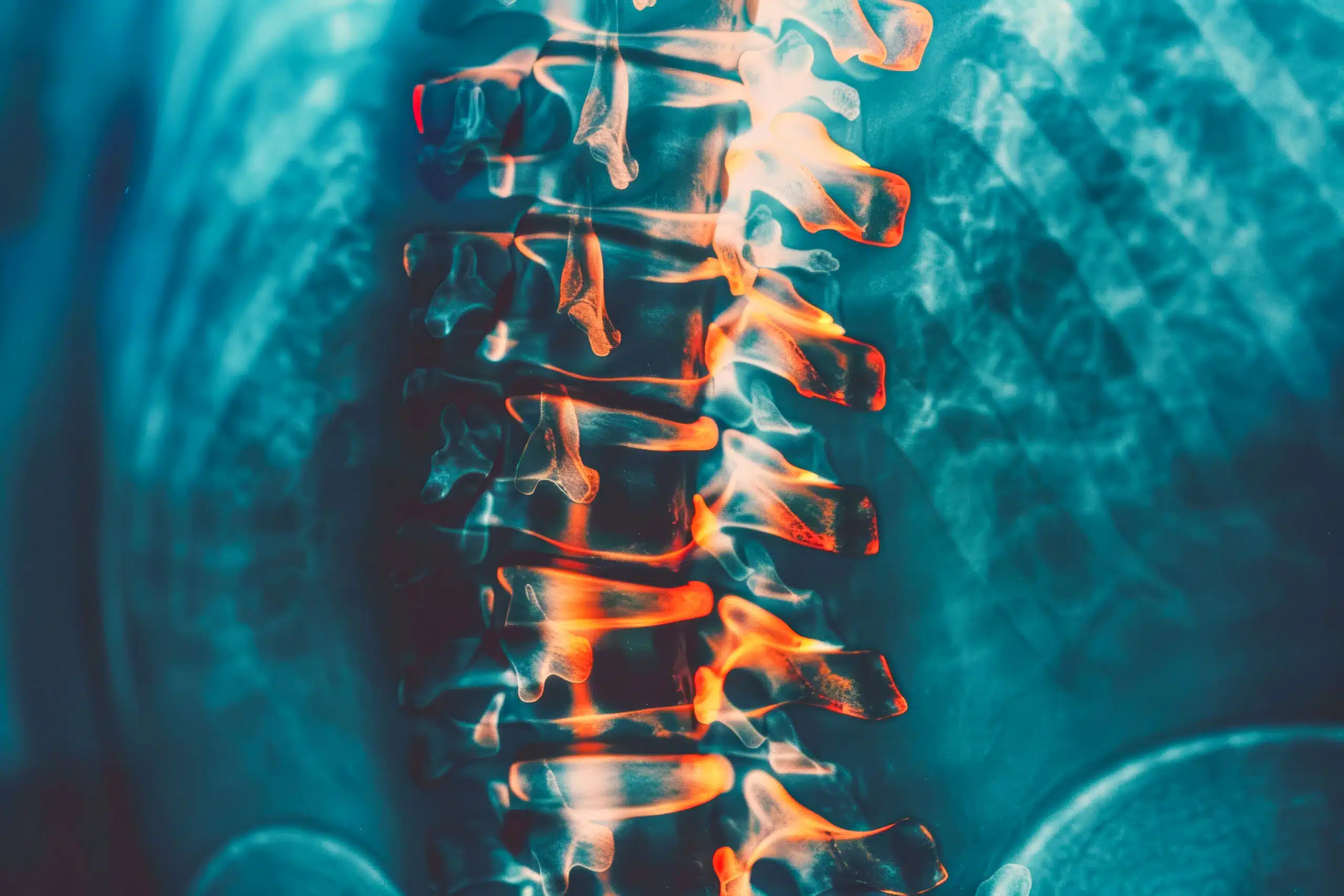Share
Fibromyalgia and Medical Cannabis

Fibromyalgia (FM) is a chronic pain disorder characterized by widespread musculoskeletal pain, fatigue, and heightened sensitivity. Initially understood as a rheumatic disorder, FM is now recognized as a condition affecting pain processing and central nervous system sensitization.
Millions of people worldwide are affected by FM, regardless of demographic, population, or economic status. However, women are disproportionately affected compared to men.
Diagnosing FM can be complex due to its diverse symptoms. A comprehensive evaluation, including a patient’s history, physical examination, and consideration of associated factors, is required.
FM is primarily characterized by widespread, chronic musculoskeletal pain affecting both sides of the body, above and below the waist, and along the spine. This pain is typically a deep, persistent ache that varies in intensity. Patients often experience severe fatigue and significant sleep disturbances, including difficulty falling asleep, staying asleep, and achieving restorative sleep. These sleep issues can exacerbate the cycle of pain and fatigue. Additionally, many individuals with fibromyalgia experience “fibro fog,” a term describing cognitive difficulties such as problems with concentration, memory, and mental tasks.
Beyond pain, patients may also experience headaches, irritable bowel syndrome (IBS), temporomandibular joint (TMJ) disorders, anxiety, and depression. The updated American College of Rheumatology criteria from 2010 reflect this more inclusive understanding of fibromyalgia’s diverse manifestations. The 2010 criteria include a widespread pain index (WPI) assessing pain in 19 specified body areas over the past week. In addition to the WPI, the symptom severity score considers the severity of other symptoms such as fatigue, sleep disturbances, and cognitive difficulties.
The etiology and pathophysiology of FM are intricate and multifaceted, involving a complex interplay of genetic, neurological, and immunological factors. While the exact mechanisms remain elusive, studies suggest that genetic predisposition plays a role in FM pathophysiology. Additionally, neurotransmitter dysregulation, which impacts the processing of pain signals in the central nervous system, is a major contributor to FM.
Alterations in central sensitization can cause the central nervous system to respond abnormally to stimuli, leading to exaggerated and prolonged pain experiences. Increased levels of inflammation and dysregulation of the immune system may also contribute to the pathophysiology of fibromyalgia. Moreover, mitochondrial dysfunction and increased reactive oxygen species production can play a role in FM.1,2
Fibromyalgia and cannabis
A study demonstrated the effects of tetrahydrocannabinol (THC)-rich cannabis oil on fibromyalgia patients. In this study, participants received doses of 24.44 mg/mL of THC and 0.51 mg/mL of cannabidiol (CBD). The impact of cannabis administration was assessed using the Fibromyalgia Impact Questionnaire (FIQ), with higher scores indicating a greater impact on patient’s lives. The FIQ score was lower in the cannabis group, particularly in the “feel good,” “pain,” “do work,” and “fatigue” categories. 3
Another study reported significant improvements in sleep quality in 44% of patients and overall FIQ scores in 33% of patients using oil-diluted cannabis extracts. Bedrocan (22% THC, <1% CBD) and Bediol (6.3% THC, 8% CBD) were the extracts used.4
In 2018, a group reported significant improvements in all parameters of the questionnaire when fibromyalgia patients were treated with 26 ± 8.3 grams of medical cannabis per month. The average duration of medical cannabis use was 10.4 ± 11.3 months. Cannabis treatment for 30 days improved general quality of life, health, physical health, and psychological well-being. 5
A study examined the effects of four medical cannabis varieties: Bedrocan (22.4-mg THC, <1-mg CBD), Bediol (13.4-mg THC, 17.8-mg CBD), Bedrolite (18.4-mg CBD, <1-mg THC), and a placebo. Patients receiving the Bediol variety reported a 30% decrease in pain scores. 6
In 2024, a research group published a report describing the guidelines for clinical administration of cannabis in FM patients. In this report they stated that before starting cannabis treatment, patients should be educated about the potential risks and adverse events associated with the treatment. A personalized approach involving both patients and clinicians is necessary to establish appropriate dosing, titration, and administration routes. 7
Clinical trials
There is one clinical trial ongoing and two completed. The clinical trials can be accessed here:
https://clinicaltrials.gov/study/NCT03944447?cond=Fibromyalgia&intr=Cannabis&rank=4
https://clinicaltrials.gov/study/NCT05939466?cond=Fibromyalgia&intr=Cannabis&rank=1
https://clinicaltrials.gov/study/NCT05247411?cond=Fibromyalgia&intr=Cannabis&rank=2
Disclaimer
This generalized information is a limited summary of medication information. It does not include all details about conditions, treatments, medications, side effects, or risks that may apply to a specific patient. This information does not endorse any treatments or medications as safe, effective, or approved for treating any particular patient. All content in this text is created for informational purposes only. It is not intended to be a substitute for professional medical advice and should not be relied upon as health or personal guidance.
References
1 Al Sharie S, Varga SJ, Al-Husinat L, Sarzi-Puttini P, Araydah M, Bal’awi BR, Varrassi G. Unraveling the Complex Web of Fibromyalgia: A Narrative Review. Medicina. 2024; 60(2):272. https://doi.org/10.3390/medicina60020272
2Clauw DJ. Fibromyalgia: a clinical review. JAMA. 2014 Apr 16;311(15):1547-55. doi: 10.1001/jama.2014.3266. PMID: 24737367.
3Chaves C, Bittencourt PCT, Pelegrini A. Ingestion of a THC-Rich Cannabis Oil in People with Fibromyalgia: A Randomized, Double-Blind, Placebo-Controlled Clinical Trial. Pain Med. 2020 Oct 1;21(10):2212-2218. doi: 10.1093/pm/pnaa303. PMID: 33118602; PMCID: PMC7593796.
4 Giorgi V, Bongiovanni S, Atzeni F, Marotto D, Salaffi F, Sarzi-Puttini P. Adding medical cannabis to standard analgesic treatment for fibromyalgia: a prospective observational study. Clin Exp Rheumatol. 2020 Jan-Feb;38 Suppl 123(1):53-59. Epub 2020 Feb 5. PMID: 32116208.
5Habib, George MD, MPH*†‡; Artul, Suheil MD§∥. Medical Cannabis for the Treatment of Fibromyalgia. JCR: Journal of Clinical Rheumatology 24(5):p 255-258, August 2018. | DOI: 10.1097/RHU.0000000000000702
6Hershkovich O, Hayun Y, Oscar N, Shtein A, Lotan R. The role of cannabis in treatment-resistant fibromyalgia women. Pain Pract. 2023 Feb;23(2):180-184. doi: 10.1111/papr.13179. Epub 2022 Nov 9. PMID: 36333278; PMCID: PMC10100523.
7Bell AD, MacCallum C, Margolese S, Walsh Z, Wright P, Daeninck PJ, Mandarino E, Lacasse G, Kaur Deol J, de Freitas L, St Pierre M, Belle-Isle L, Gagnon M, Bevan S, Sanchez T, Arlt S, Monahan-Ellison M, O’Hara J, Boivin M, Costiniuk C. Clinical Practice Guidelines for Cannabis and Cannabinoid-Based Medicines in the Management of Chronic Pain and Co-Occurring Conditions. Cannabis Cannabinoid Res. 2024 Apr;9(2):669-687. doi: 10.1089/can.2021.0156. Epub 2023 Mar 27. PMID: 36971587; PMCID: PMC10998028.

























